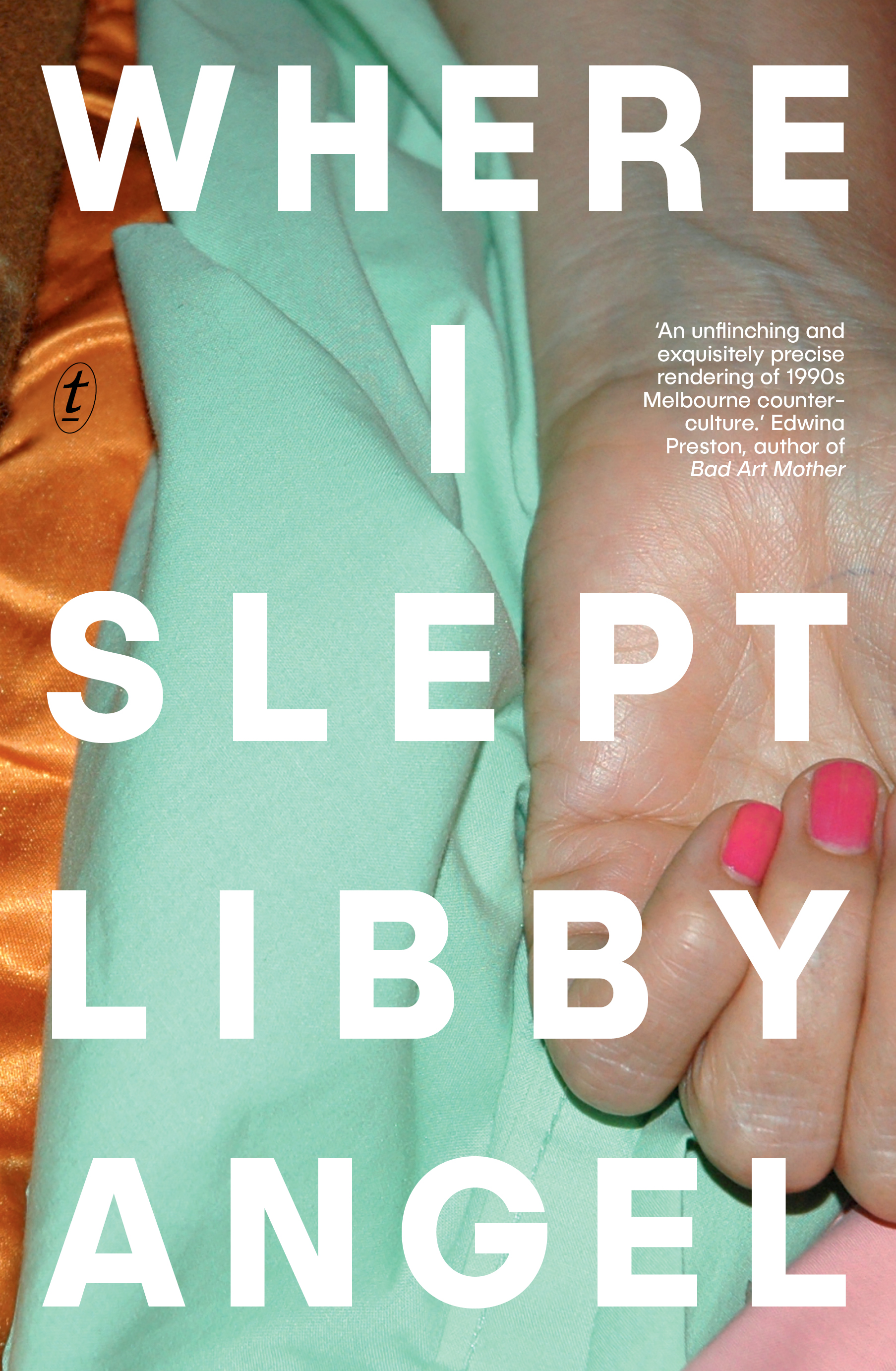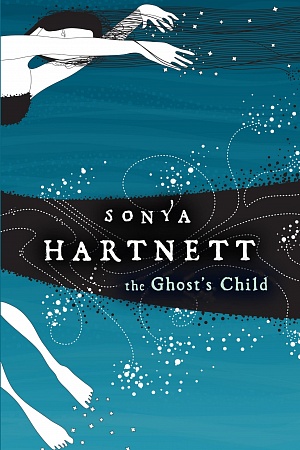Where I Slept
Text Publishing, $32.99 pb, 324 pp
The comfort of tragedies
Where I Slept opens with an ending. The nameless narrator, a twenty-something woman, is leaving her rural hometown and the boarding house where she lived, for new adventures in the big smoke – but not before daubing ‘sentimentality is the enemy of truth’ on the front gate of her soon-to-be former university. That proverb proves prophetic as the narrator establishes a new life in Melbourne’s inner city. This is the 1990s, just before gentrification had gained ascendance, when the area still had a ‘bohemian’ feel. The narrator drifts through sharehouses where rent goes unpaid and housemates are replaced frequently. She frequents seedy bars where strangers shout her drinks, and exhibitions where free booze flows.
Throughout, the narrator aspires to become an artist, despite being assured by at least one (un)kind soul that she is nothing of the sort. She learns the saxophone and establishes a career as a busker and band member – her only real paid employment in the book’s 324 pages. When somebody cautions that ‘poetry will break your heart’, our heroine notes that ‘maybe it’s the only thing that won’t’. And yes, the narrator continues to pen cryptic messages on public spaces. These include ‘Where I slept’, which is scrawled during a period of homelessness. Such postings provide avenues for creative expression and enable the young woman to make her mark (literally and symbolically) on an urban environment that is at once exhilarating and alienating.
Where I Slept is Libby Angel’s second novel. She does a brilliant job of bringing to life her protagonist’s squalid surrounds. For example: ‘Bodies lie on mattresses with vomit buckets and soft-drink bottles full of urine by their sides. Fat blowflies circle tardily beneath the crumbling ceiling roses.’ Such passages might suggest moralising melodrama or poverty porn; happily, Angel eschews both.
Continue reading for only $10 per month. Subscribe and gain full access to Australian Book Review. Already a subscriber? Sign in. If you need assistance, feel free to contact us.












Leave a comment
If you are an ABR subscriber, you will need to sign in to post a comment.
If you have forgotten your sign in details, or if you receive an error message when trying to submit your comment, please email your comment (and the name of the article to which it relates) to ABR Comments. We will review your comment and, subject to approval, we will post it under your name.
Please note that all comments must be approved by ABR and comply with our Terms & Conditions.